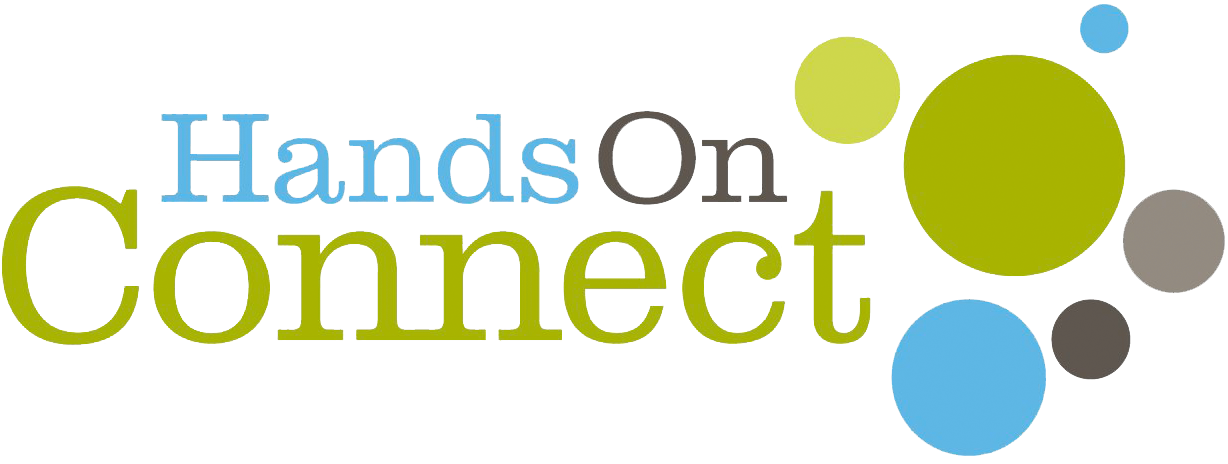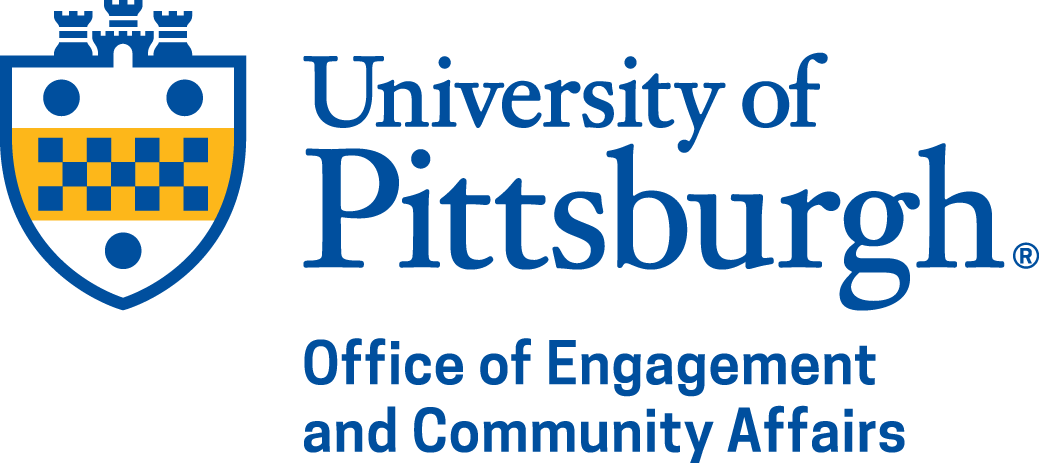
About Civic Action Week
University of Pittsburgh Civic Action Week is a campus wide event for students, faculty, staff, and the broader community to educate, engage, and encourage collective responses to pandemic and persistent societal challenges. This year's theme is Civic Action Week: The Path to Joy and Liberation. We are looking to build celebratory spaces for the University community and broader community together.
Throughout this week, each opportunity that you participate in will aid in your civic development. Using the Pathways for Public Service and Civic Engagement, these opportunities will fall into one or more of the six areas:
| Community Engaged Learning and Research: Connecting coursework and academic research to community-identified concerns to enrich knowledge and inform action on social issues. |
| Community Organizing and Activism: Involving, educating, and mobilizing individual or collective action to influence or persuade others. |
| Direct Service: Working to address the immediate needs of individuals or a community, often involving contact with the people or places being served. |
| Philanthropy: Donating or using private funds or charitable contributions from individuals or institutions to contribute to the public good. |
|
Policy and Governance: Participating in political processes, policymaking, and public governance. |
| Social Entrepreneurship and Corporate Social Responsibility: Using ethical business or private sector approaches to create or expand market-oriented responses to social or environmental problems. |
These six areas of engagement can be applied in the following ways...
- have local, national and international audiences and populations of interest.
- are embedded in all careers in the public, private and independent sectors, and not limited to any segment of the economy.
- require different but interconnected actions: education through community dialogue, direct provision of goods or services, statements and actions that support social justice and address inequities, creation of new knowledge, and development of resources that support the work.
- are problem-based, not discipline bound.
- result in measurable community impact.



_V.png)